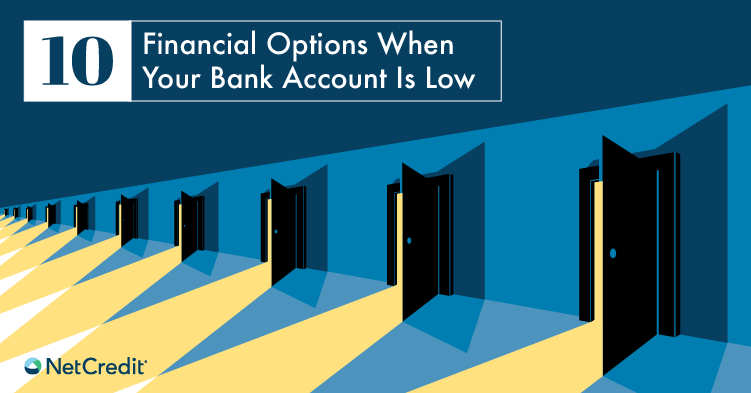As we reflect on the past year and make resolutions for the future, our financial wellbeing is a natural place to gauge our successes and shortcomings. While money is certainly not the most important factor in life, it directly affects your quality of life, and in some ways, your happiness.
Do you wish you were in a different financial situation? It’s not too late to make a few small adjustments that can really add up over time and benefit your bottom line. We’ve rounded up seven simple, yet effective lifestyle changes to help you move forward financially, now and in the years to come.
1. Once and For All, Follow a Budget
If you’re serious about turning your finances around, look through the past few months of your income and expenses. Do you buy things or spend money when you’re in a certain mood? You may notice patterns that you didn’t realize before, like an emotional connection to money. As you review your spending habits, narrow down the root behaviors and causes of your debt so that you’re cognizant of what you should avoid in the future.
Some popular, expert-recommended budgets include the 50-30-20 method or Paying Yourself First (reverse budgeting), but your financial plan needs to reflect your own goals and unique situation. No matter what your priorities may be, a solid rule of thumb in planning a budget is to spend less money than you make and save anything that’s left over.
2. Build an Emergency Cushion
Living paycheck to paycheck isn’t just stressful; it contributes to real financial issues and prevents you from saving for the future. Budgeting is much harder when you run into things like overdrafts, late fees and other penalties because you’re waiting for a paycheck that’s days (or weeks) away. When you don’t have an emergency or savings fund, minor, unexpected expenses can truly put you out. That’s why you need some form of savings cushion; experts recommend up to 6 months of living expenses, but you can start with a smaller, yet more attainable $1,000 savings goal and build up from there.
3. Limit the Things You Buy
From monthly subscriptions and services to impulse buys, trendy clothing and streaming entertainment, do you know how much you actually use the purchases you’ve made in the past year? And how many of those items are now forgotten about or simply taking up finite space at home? You’re not really treating yourself if your finances end up hurting because of a purchase you made. If you can afford to reward yourself, psychologists recommend seeking experiential gifts over physical items, like a vacation or day out, as they can increase happiness more effectively.1
4. Get Used to Cooking
A nice meal out can certainly be a great reward from time to time, but you should cook (or pack) most of your own meals. The markup you pay for restaurant food varies widely by restaurant, dish and region, but that amount can often pay for several meals cooked at home. If you’re just starting out in the kitchen, an affordable, yet time-saving appliance like a rice cooker, Instant Pot or slow cooker can help you round out your meals as you learn more cooking skills over time.
5. Get Free Exercise
Car maintenance is expensive, and gas isn’t free; leave your car in the garage whenever possible. If you can manage it, riding your bike to work, even if just a day or two per month, helps you save money as you get free exercise. Plus, you can find Youtube tutorials, classes and workouts for just about anything you’d want to do in a gym. As a bonus, you’ll be able to work out in the comfort and privacy of your own home.
6. Look for Passive Income
A passive income refers to money that you continue to earn after the work’s been done. This can come from many sources, like investments, revenue from selling a product (like a book or an app), real estate or even cash back credit card rewards. Passive revenue streams help diversify your income so you’re not just reliant on one position or job to get by. An easy way to get started and make passive income is to assess your living situation: If you have an extra bedroom, consider renting out a room. Or, use a service like Airbnb to rent out your space if you’re going to be away from home.
7. Increase (or Start) Your Retirement Savings
You should always save for the future, but have you carefully considered your senior years? If you want to continue your lifestyle throughout retirement, you’ll need to have a solid strategy. Use (and max out) any employer-sponsored retirement plans whenever possible. You can always open an individual plan if you don’t have a work-sponsored option or for a more aggressive approach to retirement planning.
References
1Petersen, N. (May 25, 2018). Why buying experiences can increase happiness. Retrieved November 14, 2019, from https://blog.allpsych.com/why-buying-experiences-can-increase-happiness/






